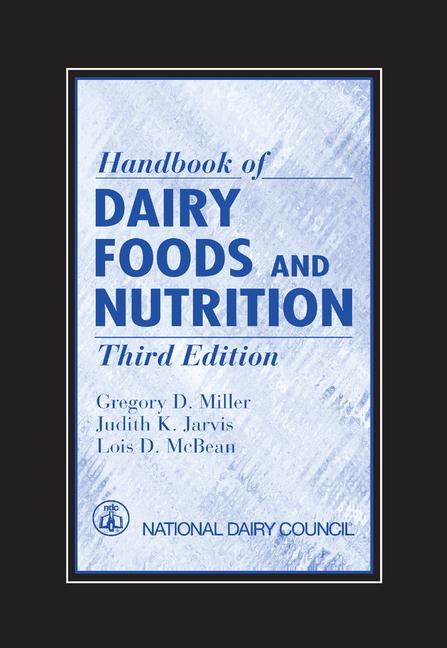Dairy industry applauds rollback of Section 232 tariffs
The action will bolster chances of USMCA’s passage.

U.S. dairy officials congratulated the governments of the United States, Mexico and Canada for reaching an agreement on May 17 to roll back metal tariffs that have soured U.S.-Mexico cheese trade and slowed passage of the United States-Mexico-Canada Agreement (USMCA).
The United States agreed to end Section 232 tariffs on steel and aluminum imports from its North American neighbors, noted the U.S. Dairy Export Council (USDEC) and National Milk Producers Federation (NMPF), both based in Arlington, Va. In return, U.S. dairy officials expect that Mexico will drop its retaliatory tariffs against U.S. dairy products — including duties as high as 25% on U.S. cheese exports to Mexico.
“This is an important development for the U.S. dairy industry, and we applaud the hard work of negotiators from all three countries that made it possible as well as the numerous members of Congress that have insisted upon the need to resolve the Section 232 metal tariffs dispute with our North American partners,” said Tom Vilsack, president and CEO of USDEC. “If Mexico lifts its tariffs on U.S. dairy in response, it would be a welcome return to normalcy with our No. 1 export market. It would also build vital momentum for swiftly advancing USMCA towards passage.”
Jim Mulhern, president and CEO of NMPF, said America’s struggling dairy farmers could use some good news, and this change of events helps.
“This paves the way for Mexico to drop retaliatory tariffs that have harmed dairy, and for Congress to take its next step to help our producers — to vote on USMCA and quickly ratify it,” he said.
Mexico is, by far, America’s biggest dairy customer, USDEC and NMPF noted, with $1.4 billion in sales last year. U.S. products accounted for 80% of Mexican dairy imports by value in 2018, but that dominant market share was being jeopardized by the retaliatory tariffs.
Michael Dykes, D.V.M, president and CEO of the Washington, D.C.-based International Dairy Foods Association (IDFA), also applauded the move.
“In addition to removing the existing retaliatory tariffs, it also prevents future retaliatory tariffs on U.S. food and agricultural products,” he said. “We applaud the Trump Administration, as well as the governments of Mexico and Canada, for prevailing with a market-principled approach.
“With this deal in place, it is now essential that Congress turn its attention to swift ratification of the U.S.-Mexico-Canada Agreement to ensure that we are maintaining and growing markets with our most important trading partners, especially in this time of uncertainty for our agricultural economy,” he added. “Mexico and Canada — our number one and two markets, respectively — are absolutely essential to our future success.”
Vilsack and Mulhern also stressed the importance of finding similar common ground with China, which also slapped retaliatory tariffs on U.S. dairy exporters in 2018 and recently upped the ante by hiking them further on some products. As a result of last year’s move by China, U.S. exports to that fast-growing dairy market fell by more than 40% in the first quarter of 2019 compared to the same period last year.
Looking for a reprint of this article?
From high-res PDFs to custom plaques, order your copy today!







